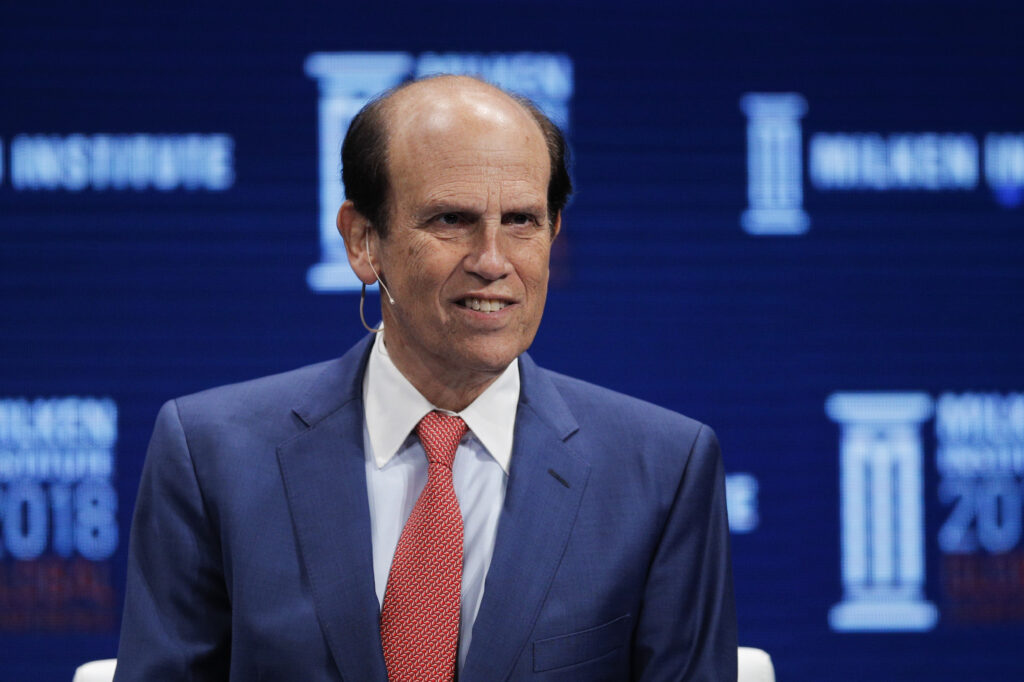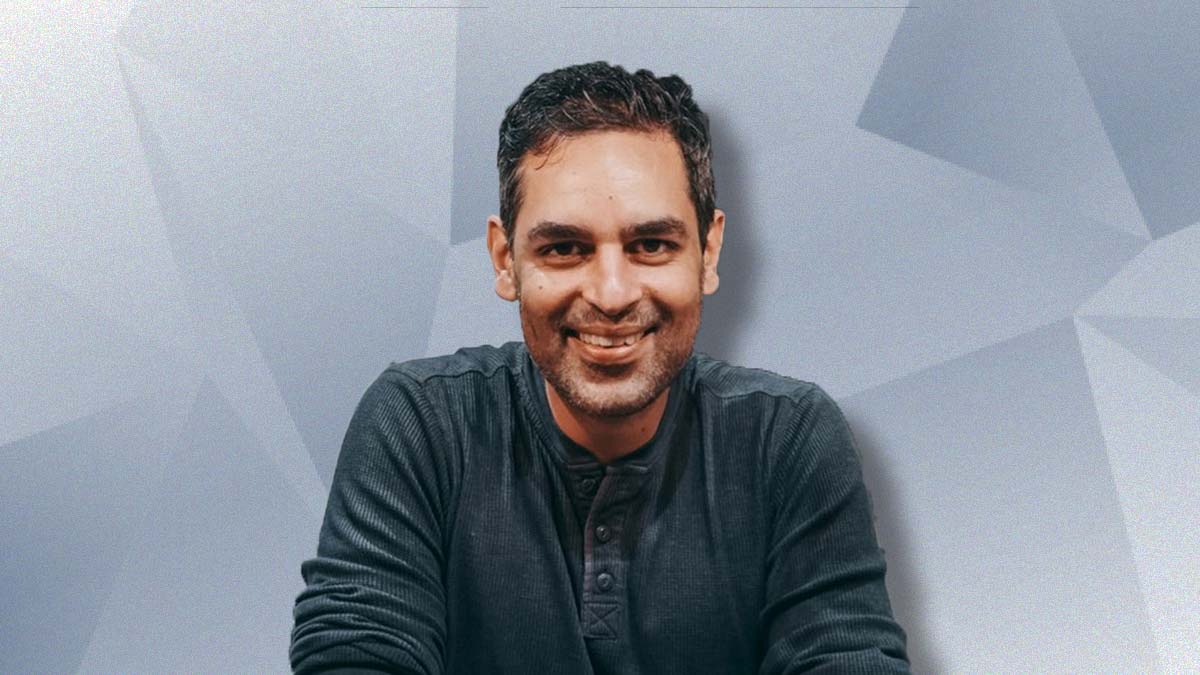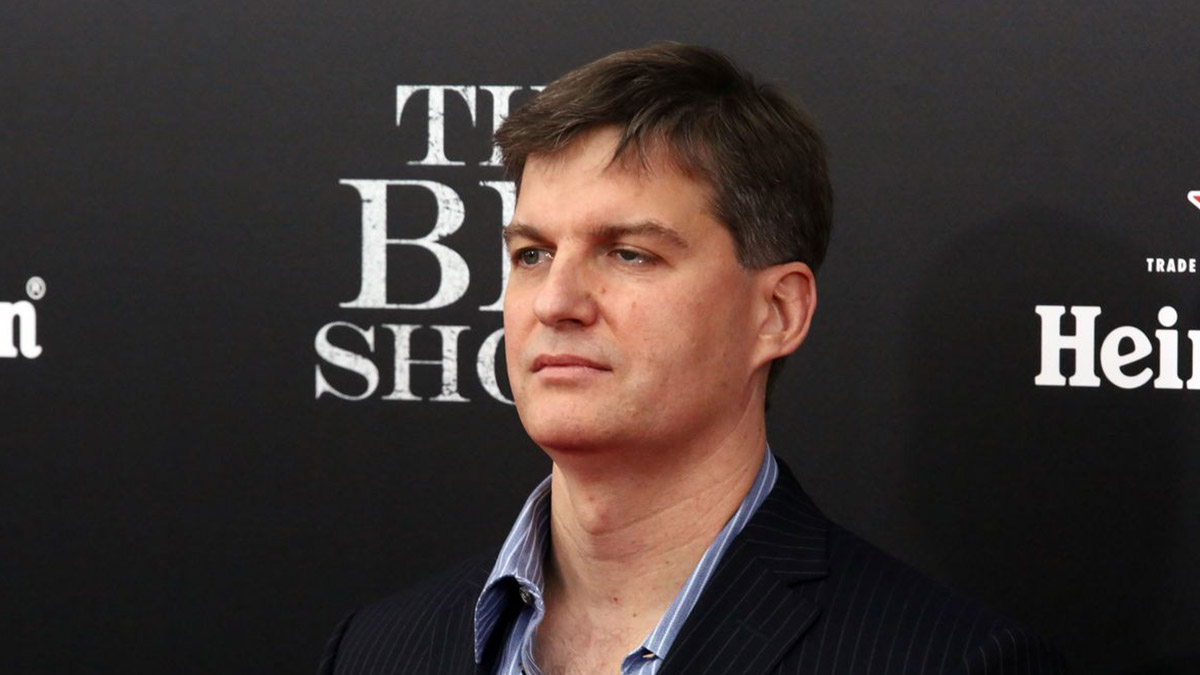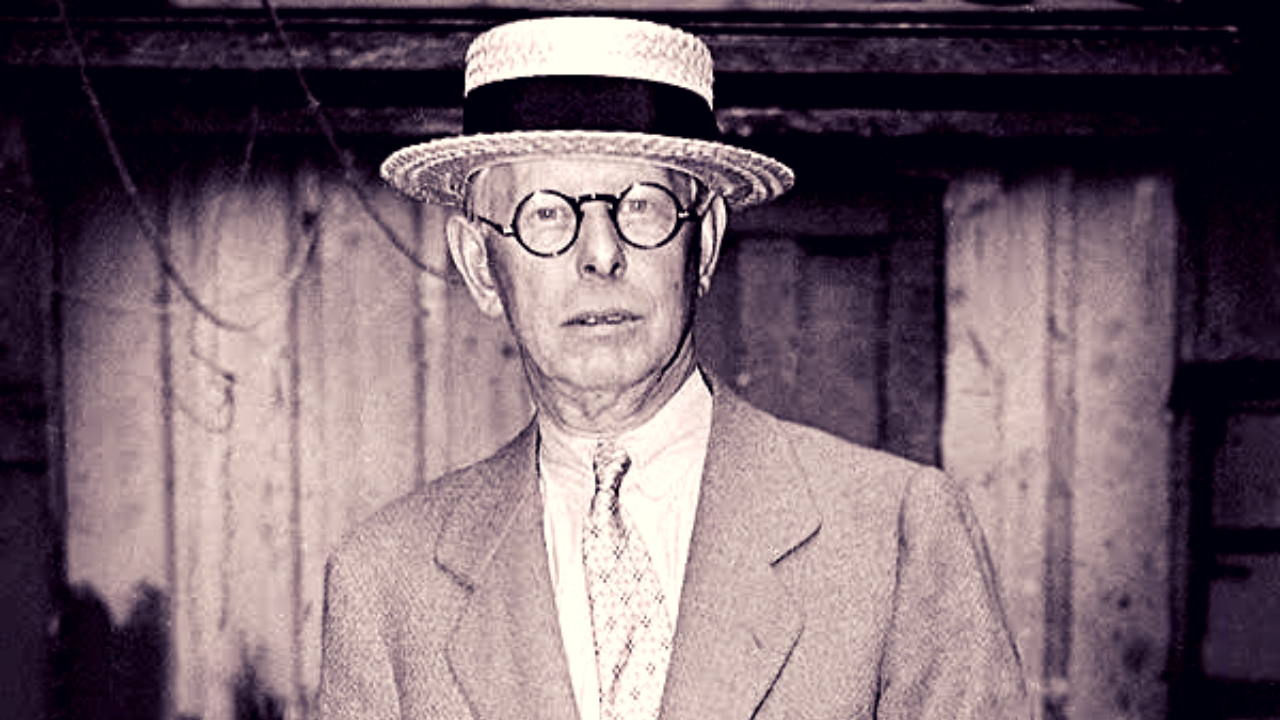Early Life
Milken was born in 1946 in California into a Jewish family. As a child, he was deeply interested in space & science and aspired to grow up to lead USA’s space program
After his school education, Milken enrolled into University of California, Berkeley – one of the top universities at that time – to major in Mathematics & Science. However, he later changed his major to business to realise his vision and graduated with highest honours. He also received his MBA from the Wharton School
Vision
In 1965, when Milken was 19 years old, the Watts Riots broke out in Los Angeles. Milken’s conversation with an African American man in the backdrop of the riots made him realise that a large chunk of the American population did not stand a chance to the American Dream due to lack of access of capital.
This deeply influenced his thought process. He viewed the right to the American Dream as a civil right and made it his mission to democratize the same. This was the reason for changing his major to business studies and become deeply interested and influenced by studies in credit.
Pioneer of High Yield Bond investing
Milken joined Drexel Harriman Ripley, an investment bank as a summer job, and later full time
While at Drexel (which later became Drexel Burnham), Milken observed that:
- 50% of the stocks with a buy recommendation by the firm were not investment grade. Moreover, the average rating on the stocks with a sell recommendation was investment grade.
- Most of the non-investment grade rated organizations were the ones actually in need of capital and had potential to succeed, but did not have access to capital.
- There was lack of awareness about capital structures – there was either investment in equity (high risk, high return) or risk free securities.
High yield credit (investment in non-investment grade bonds, also known as ‘junk bonds’) was an untapped market. - A unique opportunity of earning risk adjusted returns could arise from investment in a portfolio of junk bonds.
Milken thus convinced his seniors and pioneered and headed a high yield bond trading desk in the firm. He managed to generate 100% return on the investments
Investment style
Milken became known as the “Junk Bond King” for his innovation towards high yield bond investing. His studies showed that junk bonds had acceptable default rates for their higher yields. Moreover, the non-investment grade rating was not always due to poor credit quality, but on account of many other factors such as lack of past track record for early stage / relatively non-established organisations.
Drexel persuaded investors to subscribe to high yield bonds. Anticipating increasing demand, they also managed to persuade more and more suitable organizations to issue them. Milken’s investment style also extended to include leveraged buy outs (LBO) using high yield credit instruments as a vehicle. This triggered a massive wave of mergers, acquisition, LBOs etc. in the 1908s and revolutionized the financial markets. By the end of 1980s, the junk bond market was USD 150 Bn in size and Drexel was at the forefront of this flurry of activity.
However, apart from junk bond investing, Milken also pioneered and used various types of securities cross the capital structure – including convertible bonds, preferred stock, high-yield bonds, collateralized loans, equity-linked instruments, securitized obligations and derivatives. He asserted that capital structure matters while financing a company and was one of the few financiers to give due regard to the human capital factor involved.
Between 1969 and 1989, he employed approximately 50 distinct security types in a dozen major asset classes to help finance the growth of more than 3,200 companies. This created millions of jobs. This was ingeniously in line with is mission of democratising capital availability
Indictment, conviction and pardon
According to government investigators, Milken’s methods were not always legal. In 1989, he was indicted for violating securities and tax laws, on 98 counts of racketeering and fraud, including insider trading, stock parking, stock price manipulation.
Many contended that the charges were truly novel and attributed the same to Milken’s innovative means of funding.
In 1990, Milken pleaded guilty to six violations and reached a settlement with SEC to pay USD 600 Mn in fine & penalty to SEC & impacted investors respectively. In turn, the more serious charges of insider trading & racketeering against him were dropped. He served 22 months in prison & the remainder of his 10-year sentence was exonerated.
In February 2020, Donald Trump issued a pardon for him. Milken, however, faces a lifetime ban on securities trading.
Philanthropy
Milken’s philanthropy runs parallel with his career in finance. His own experience of suffering from prostate cancer and close family members suffering from cancer drew him towards funding medical research and innovation
Liked the Profile you just read? Show us your support by clicking that like button and sharing it with your friends using #tfpprofile
Also don’t forget to leave your thoughts about the article in the comment section below.
You can also subscribe to our mailing list by clicking here




